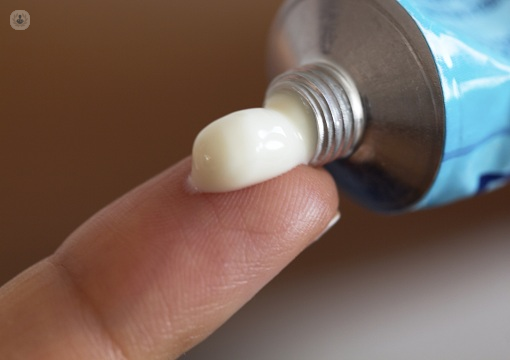Why haemmorhoids is often confused with other anal problems
Autore:It is a common assumption that haemorrhoids are the only anal condition, however, there are more. Anal fistula and anal fissure are also frequently occurring conditions. It is estimated that about 40% of the population has some type of anal problem.

What are the different stages of haemorrhoids and how are they treated?
Haemorrhoids do not always require surgery and are classified into four stages. The first stage is one in which haemorrhoids bleed. The second stage is when they are prolapsed, that is when they exit and re-enter the anus when the patient defecates. The third stage is when the prolapsed haemorrhoid needs to be manually replaced, and the fourth stage is the most severe degree of prolapse. Surgery is carried out in stages three and four, as necessary.
Haemorrhoid surgery is acrried out by a colorectal surgeon gives excellent results and generally eliminates haemorrhoids forever. However, it is a surgery that is postoperatively painful and requires painkillers. Curiously, although the wounds do not fully heal until 20 days after the operation, the pain usually ceases from the tenth day, probably, because the treated area has relaxed.
There are also other processes such as elastic band ligation, which is performed on an outpatient basis and consists of necrotising the haemorrhoid so it falls off within three or four days, or the use of sclerosing substances.
Haemmorhoids is often confused with anal fissure
Many people go to the proctologist's office with anal pain thinking they have haemorrhoids when, contrary to widespread belief, haemorrhoids really do not hurt. If there is pain, the problem is usually because of an anal fissure, which is nothing more than an exaggerated contraction of the internal sphincter that ends up causing a lack of blood supply, which in turn produces an ulcer. The most frequent causes of anal fissures are stress, anxiety and also chronic constipation. An anal fissure can be treated by a sphincterotomy, which consists of an incision that helps to relax the sphincter, thus solving the problem permanently.


